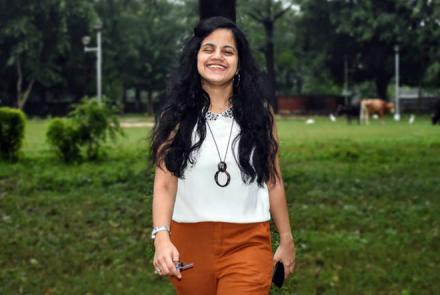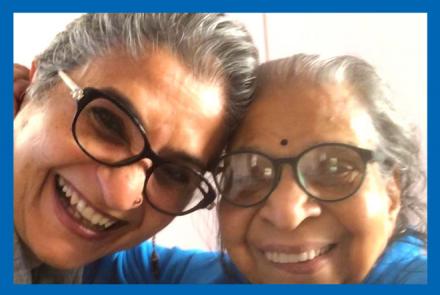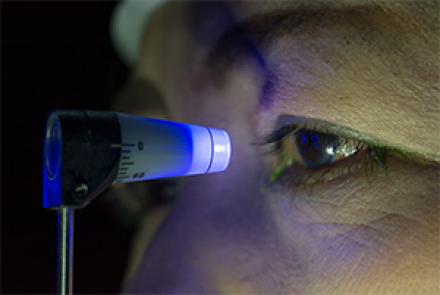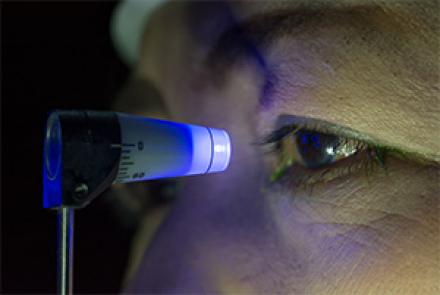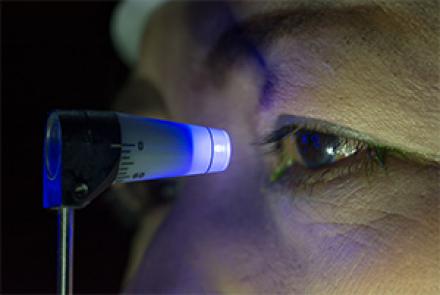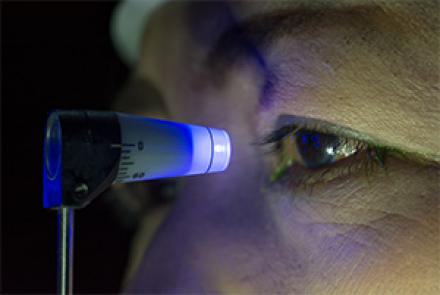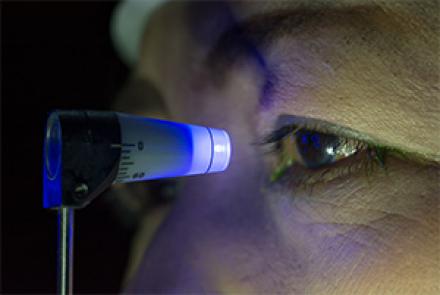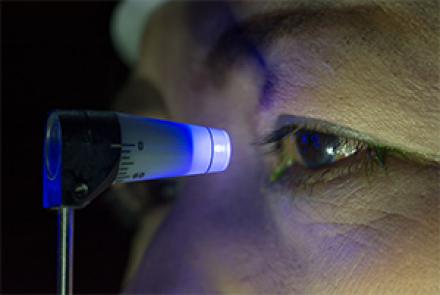
Glaucoma is a leading cause of irreversible blindness. Dr Chandrima Paul, Opthalmologist Kolkata, and Honorary General Secretary, Glaucoma Society of India, talks about the risks of Glaucoma and the importance of early detection.
#WorldSightDay #Glaucoma
What percentage of glaucoma patients go blind?
A 2001 report said that Glaucoma is the 3rd major cause of blindness in India. It causes almost as much as 5.9 per cent of blindness. It is almost an irreversible cause of blindness. Glaucoma causes sight impairment in about 10 per cent of people.
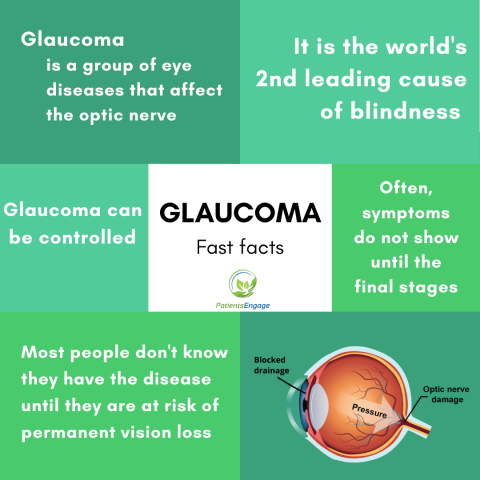
Learn more about Glaucoma here.
Does Glaucoma get worse over time?
Yes it does get worse over time, if left untreated.
How does untreated Glaucoma affect activities of daily living?
Glaucoma affects almost all spheres of life as it reduces peripheral vision. So, for all practical purposes, Glaucoma affects one’s day to day life.
Read Viji's challenges of living with Glaucoma
Can Glaucoma be arrested or is it possible to arrest the blindness with treatment?
Yes Glaucoma can be arrested with treatment. If detected early, vision loss can be prevented.
How does treatment of Glaucoma improve quality of life?
It preserves your vision, thereby reducing disability and improving quality of life
What should Glaucoma patients be prepared for in terms of the progression of the disease?
One should limit day to day activities like driving, or anything that requires peripheral vision. So basically, it affects all walks of life, from an artist’s to an engineer’s.
Read more: How I Manage My Glaucoma
Most patients of glaucoma do not exhibit symptoms. What should be done to get an early diagnosis in order to improve the prognosis?
- All individuals above the age of 40 should have a Glaucoma evaluation done.
- Those wearing high plus or minus power need to be evaluated for Glaucoma, i.e., above minus 3 and plus 2.
- Those with a family history of Glaucoma in parents or siblings, need to get evaluated.
- Anyone who has suffered an eye injury should also seek early evaluation
The above categories and those above 40 need to get their Glaucoma checked by proper Glaucoma specialists.
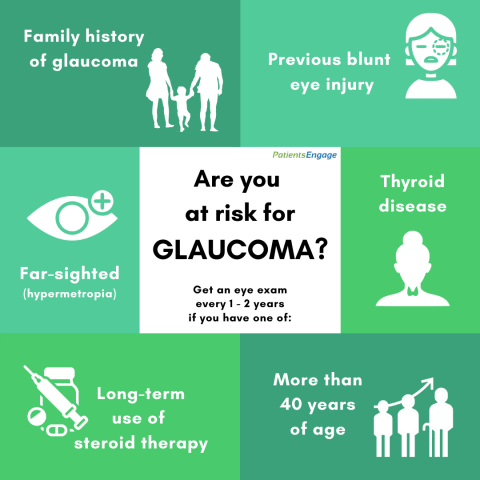

Dr Chandrima Paul, Director – BB Eye Foundation, Kolkata, and Honorary General Secretary, Glaucoma Society of India

